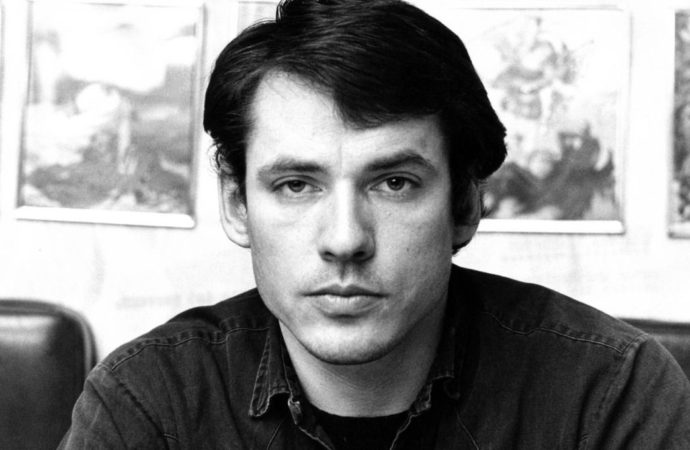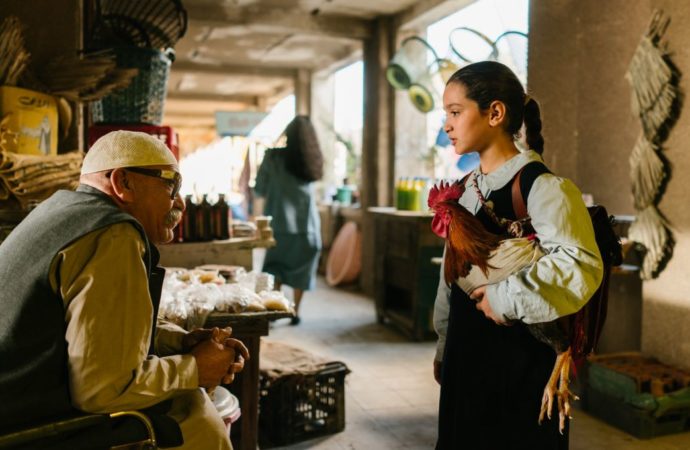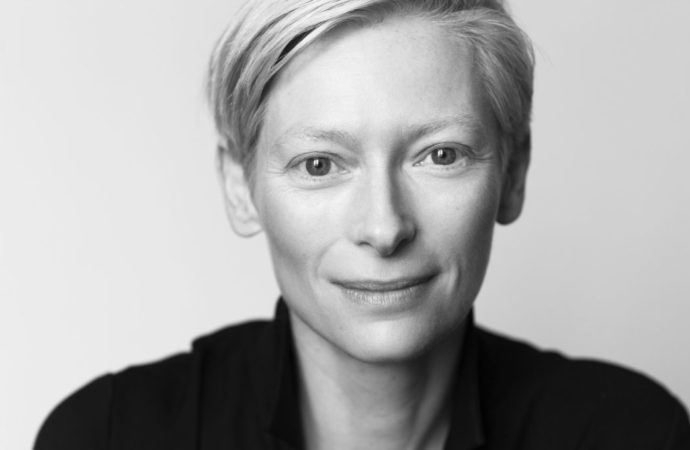The 75th Cannes Film Festival was opened by Michel Hazanavicius‘ film Final Cut, which arrived preceded by the hype created by the change of its previous title (Z) so as not to appear to be aligned with the occupiers of Ukraine. It is precisely this fixed gaze on others and the search for the crowdpleaser that have driven the French director’s filmography, with greater or lesser fortune, sometimes coming out of it with flying colors, and other times, as in this case, touched and sunk. Parodying any film genre or style does not only require imitation plus exaggeration or updating, for if it did, it would make for a scholarly work, more (OSS 117) or less applied, as is the case with Final Cut.
Working the Z series with the means and intentions (above all) of a film that aims to take the box office by pleasing the highest common denominator is in itself a stillborn project. Based on the Japanese film Out Cut of the Dead (2017), the director of The Artist (2011) films a shoot within a shoot, with surprises and false sequence shots, which he divides into two parts, the first is a hook and the second is the making of, where what we saw is discovered to be not what we thought it was.

The enthusiasm of two sure values such as Romain Duris and Bérenice Bejo is not enough to lift a film whose contribution is dispensable. If you revisit a genre that finds its raison d’être in the premises that originated it, you are disguising yourself as another without understanding its essence, especially if you don’t make your incursion worthwhile and don’t give something that enhances it in any direction beyond four epidermal laughs of a scatological level. And it is inevitable to mention here The Dead Are Not Dead, which opened Cannes in 2019 and where Jim Jarmusch showed he had digested and regurgitated zombie cinema to make us enjoy an auteur film, fun, parodic and which began by not taking itself seriously, in an exercise in humility. Or let’s bring in the visceral love for Grindhouse of a director as original as Quentin Tarantino, who excels in gore, even if he skates in his sweetened recreation of Hollywood.
In Final Cut there is only spectacle – for those who are satisfied with this overflow of hemoglobin props – scares and surprises, all as flat and soft as the protagonist, who, in order to fulfill another of the requirements of a TV movie, has a daughter who rejects him and whom he wins back through collaboration at work. On the other hand, and all too evidently, all the political correctness – if that is what it was – that was shown with the removal of the title with the lyrics whose symbol has been given to the invading megalomaniac has been ignored in the typecasting of the two racialized characters. On the one hand, the composer-improviser of the soundtrack, who is black and good-natured, funny and a bit slow; and, on the other, the film’s producer, a bizarre-looking miniature Japanese woman who displays her emotions in a characteristically and forcibly laughable way. Nuance doesn’t go well with trash, because we’re into other things, but if we set out to play it with marked cards, we should at least leave a more lasting impression than a trail of red paint.









No one has posted any comments yet. Be the first person!